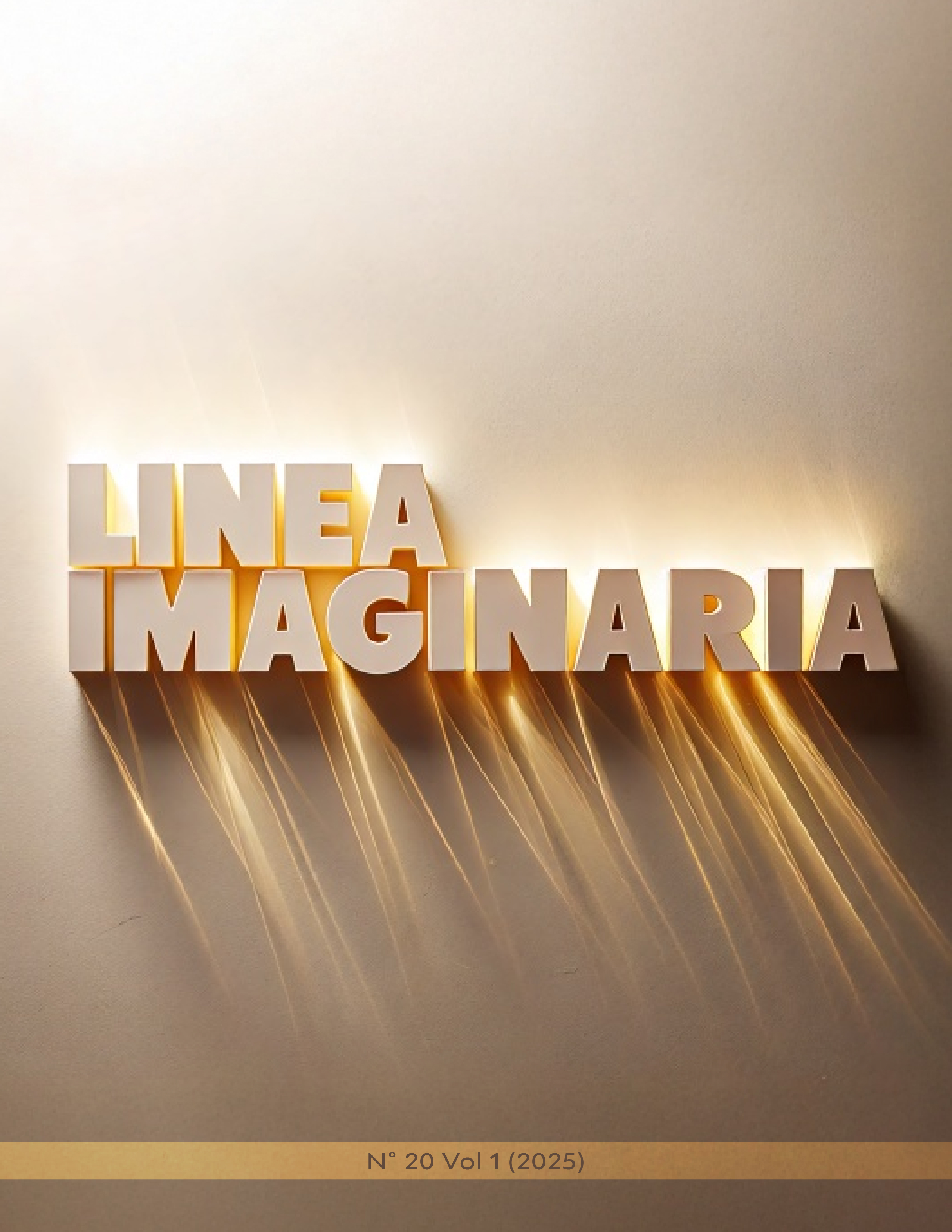PEDAGOGICAL STRATEGIES FOR THE DEVELOPMENT OF INCLUSION PROCESSES
DOI:
https://doi.org/10.56219/lneaimaginaria.v1i20.3697Keywords:
Pedagogical strategies, inclusion, inclusion processesAbstract
Pedagogical strategies for the development of inclusion processes are essential to ensure that all students, regardless of their abilities, backgrounds, or contexts, have access to equitable, quality education. These strategies should focus on creating a welcoming and respectful learning environment where diversity is valued as a treasure. For this reason, the objective of this article is to analyze the use of pedagogical strategies for the development of inclusion processes. To achieve this goal, a qualitative methodology based on an essay-type text will be used. The implementation of differentiated methodologies allows for addressing the diverse needs and learning styles of students, facilitating their active participation in the classroom. Furthermore, encouraging peer collaboration through cooperative learning not only promotes inclusion but also strengthens social and emotional skills, essential for students' comprehensive development. Likewise, it is crucial that educational institutions adopt a proactive approach to the ongoing training of teaching staff on inclusive practices. This includes training on how to identify and eliminate barriers to learning, as well as the use of adaptive resources and assistive technologies to facilitate the full participation of all students.
Downloads
References
Coll (1995). Los valores y la educación. México: Trillas.
Vélez (2012) “Una escuela sentipensante para el reconocimiento y práctica de los derechos humanos”. Revista Rastros Rostros, 16 (30), pp. 95-104. Disponible en http://revistas.ucc.edu.co/index.php/ra/article/view/824
García (1999). El paradigma humanista en la educación. Universidad de Guanajuato: México
Constitución Política de Colombia (1991) Bogotá, Colombia.
Ley General de Educación 115 de 1994. República de Colombia.
Colombia aprende (2016). Ministerio de educación nacional de Colombia. Realidades de inclusión
Carr (2002). La escuela diversa: Educación para todos. Madrid: UAB
Tacca (2011). Educación Inclusiva y Personas con Discapacidad: Fortalezas y Debilidades de la Teleeducación: 123-135
Roselli (2011). Pedagogía de la diversidad. Desafío del mundo contemporáneo. Los profesores como intelectuales. Santiago de Chile: Lom Ediciones.
Hurtado (2007). Conmover la educación. Ensayos para una pedagogía de la diferencia. Buenos Aires: Ediciones Noveduc.
Rincón (2006). La integración escolar del alumnado con necesidades educativas especiales en el municipio Caroní de Venezuela. Tesis doctoral. Universidad de Girona: España.
Arteaga, Armada y Martínez (2016). Atender a la diversidad: el control social en la significación de alteridad(a) normal. Revista de pedagogía crítica Nro.7. En: http://bibliotecadigital.academia.cl/bitstream/handle/
Rivero (2017). Las Cinco Vocales de la Pedagogía. Venezuela-Maracaibo: Centro de Formación P. Joaquín
Downloads
Published
How to Cite
Issue
Section
License
Copyright (c) 2025 LÍNEA IMAGINARIA

This work is licensed under a Creative Commons Attribution-NonCommercial-ShareAlike 4.0 International License.
La revista Línea Imaginaria conserva los derechos patrimoniales (copyright) de las obras publicadas, que favorece y permite la reutilización de los mismos bajo la licencia Creative Commons Atribución-NoComercial-CompartirIgual 4.0 , por lo cual se pueden copiar, usar, difundir, transmitir y exponer públicamente, siempre que se cite la autoría y fuente original de su publicación (revista, editorial, URL y DOI de la obra), no se usen para fines comerciales u onerosos y se mencione la existencia y especificaciones de esta licencia de uso. Si remezcla, transforma o crea a partir del material, debe distribuir su contribución bajo la misma licencia del original.













